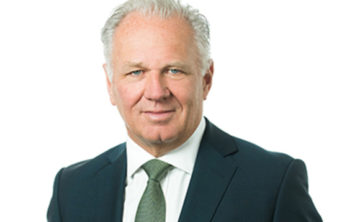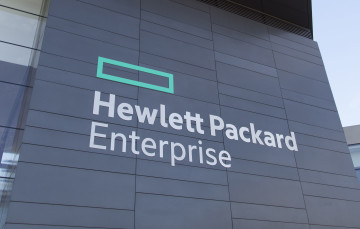 The classic two-tier model, where the skills and assets of distributors and resellers are used, is still best way for vendors to get higher returns from their go-to-market strategy according to research from the Global Technology Distribution Council (GTDC).
The classic two-tier model, where the skills and assets of distributors and resellers are used, is still best way for vendors to get higher returns from their go-to-market strategy according to research from the Global Technology Distribution Council (GTDC).
The industry organisation has issued its latest “Distribution’s edge: An economic analysis of routes to market for ICT products and services report” which contrasts benefits of going direct, using a single-tier model, or opting for a two-tier go-to-market strategy.
The report made the point that choosing to go direct – something startups often do to try to keep control of the sales process – was more expensive and limiting than working with distribution, which could reach customers via a wide network of resellers.
Those choosing to operate direct also faced high selling, general and administrative (SG&A) costs, limits to scaling caused by staffing levels and challenges getting to small and medium-sized enterprise (SME) customers, it said.



















